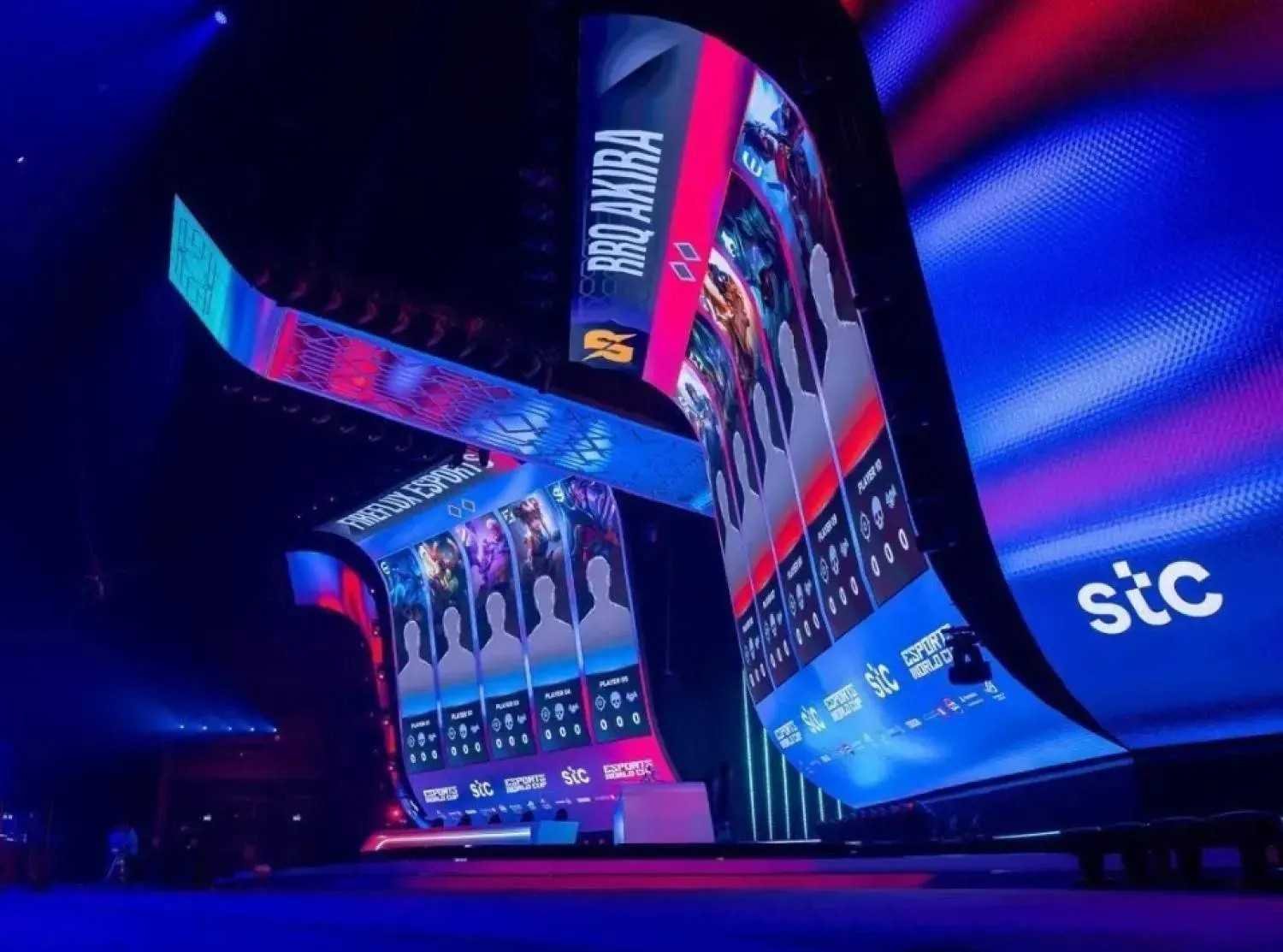The Auditor General of Pakistan (AGP) has alleged that telecom operator Jazz overcharged its customers by Rs6.58 billion during FY2023-24, urging a formal inquiry to determine responsibility and enforce consumer protection measures. The audit recommended strict adherence to Departmental Accounts Committee (DAC) directives and accountability of those involved.
According to the audit, Jazz charged customers above tariff rates approved by the Pakistan Telecommunication Authority (PTA) across several mobile packages. Section 4(1)(m) of the Pakistan Telecommunication (Re-Organisation) Act, 1996, and Regulation 10(1)(i) of the Telecom Consumer Protection Regulations, 2009, require operators to obtain PTA approval before implementing or advertising tariffs.
The auditors observed that PTA had approved tariffs for various Jazz packages, but subsequent increases surpassed the approved limits. A comparative analysis of weekly and monthly bundles confirmed overcharges totaling Rs6.58 billion. The report criticized PTA’s regulatory oversight, suggesting it enabled excessive consumer burden.
PTA defended its role, citing its policy of monitoring competition while granting Jazz blanket approvals to raise package prices by up to 15% per quarter and reduce incentives by up to 5%, subject to intimation. Jazz later raised package prices in November 2024 under these permissions. Auditors rejected this defense, arguing blanket approvals undermined consumer protection regulations.
The issue was discussed in a DAC meeting on December 26, 2024, where PTA was directed to provide full records of tariff approvals, but auditors noted the records were still pending at the time of reporting.
The Competition Commission of Pakistan stated that while its law prohibits exploitative abuses like excessive pricing, the matter did not fall under its jurisdiction.
Jazz firmly rejected the audit findings, stressing it had always complied with PTA’s framework. A spokesperson said, “All tariffs and services are launched only after formal PTA approval, in accordance with defined processes.” The company expressed confidence that its practices would withstand regulatory scrutiny, insisting its actions were lawful and transparent.
A formal response from PTA was still awaited.















